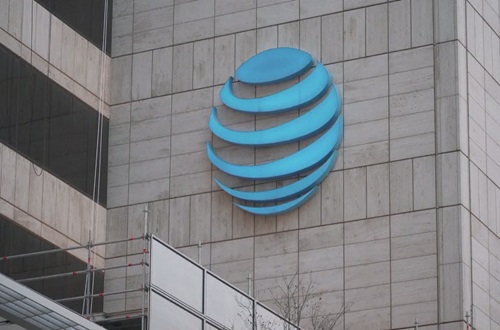AT&T’s recent wireless outage left many customers frustrated and disconnected, prompting the company to announce billing credits for impacted consumers. The outage, which lasted over 10 hours on Thursday, affected a significant portion of AT&T’s 5G network, which spans around 290 million people across the United States.
AT&T attributed the disruption to an incorrect process used during the expansion of its network. The company worked swiftly to restore service and has committed to crediting impacted consumers for the average cost of a full day of service.
“We recognize the frustration this outage has caused and know we let many of our customers down,” AT&T stated. “We’re also taking steps to prevent this from happening again in the future.”
Despite the outage, AT&T confirmed that it did not believe a cyber attack was the cause, though the U.S. Cybersecurity and Infrastructure Security Agency is collaborating with the company to understand the root cause. The Federal Communications Commission (FCC) also announced its investigation into the incident.
One significant consequence of the outage was the impact on emergency services. Several government departments in U.S. cities reported difficulties in reaching emergency services through 911. This issue raises concerns, especially following a similar incident involving T-Mobile in 2020, which resulted in regulators settling for $19.5 million due to more than 20,000 failed 911 emergency calls.
In the T-Mobile case, the FCC estimated that over 250 million calls from other service providers’ subscribers to T-Mobile failed, and at least 41% of all calls attempting to use T-Mobile’s network during the outage did not complete successfully. Such incidents highlight the critical importance of maintaining robust communication networks, particularly for emergency services, and the need for companies like AT&T to ensure the reliability of their systems to avoid such disruptions in the future.
(Source: Reuters | USA Today | Axios)







